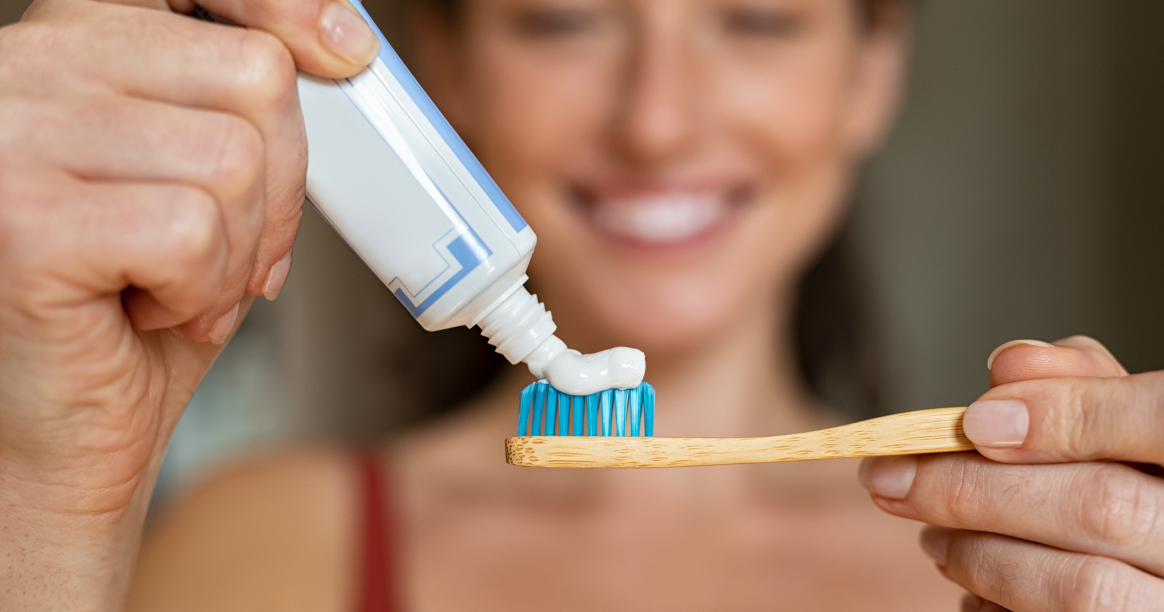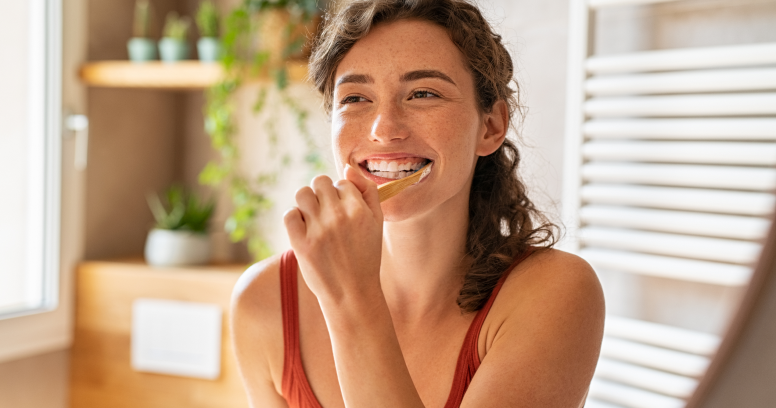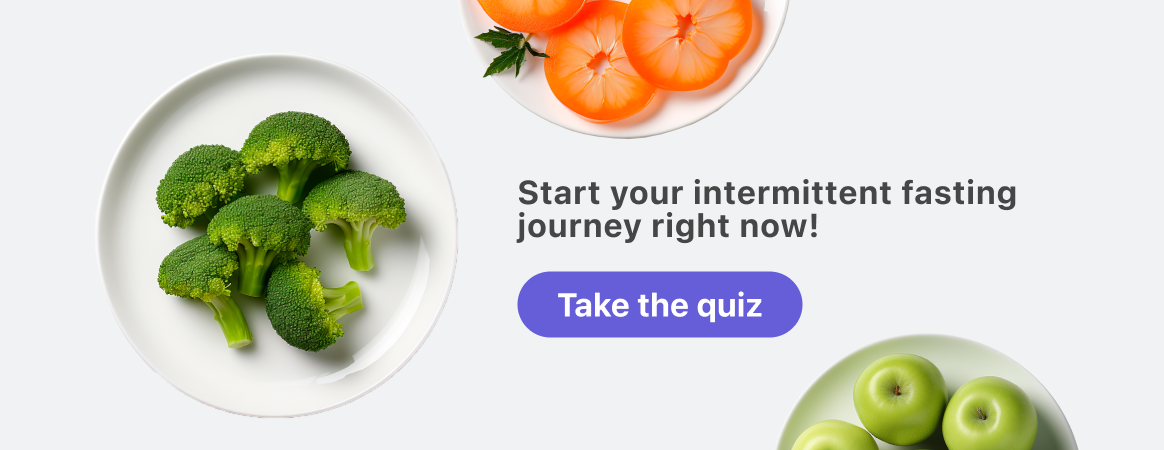Does brushing your teeth break your fast? — Explained by Simple

Embracing a new lifestyle choice can either be a walk in the park or a bit of a puzzle. Take intermittent fasting, for example. It’s a way to tweak your eating habits for potential health perks. It’s flexible and can be adapted to fit your lifestyle, but there are some key pieces that can either make or break your fasting game. Knowing when to fast, what to eat during intermittent fasting, and what you can drink while fasting is important for your fasting journey.
The first thing to check is your risk factors for fasting. Is fasting a good choice for you? We can help with that. We recommend you don’t entertain the idea of fasting,
- If you are pregnant, breastfeeding, or trying to conceive.
- If you have type 1 diabetes.
- If you are on prescription medications.
- If you are under the age of 18 or 80 years or older.
- If you are extremely active.
- If you have a body mass index (BMI) < 18.5.
- If you have an eating disorder or a history of one (or are at risk of developing one).

If none of these apply to you, maybe you want to know more about what breaks a fast or what habits you may need to adjust, like your morning coffee, evening nightcap, or oral hygiene routine ––– wait, oral hygiene? Does brushing your teeth break your fast?
Although you may not have thought brushing your teeth while fasting would be a concern, it is for some. We’ve got all those answers for you in our extensive collection of tools and resources. Start with our Simple quiz for a personalized tour.
What is toothpaste?
Toothpaste is a gel- or paste-like oral cleaning product used to maintain your dental health (aka your teeth and gum health).[1]
Nutritional value
Toothpaste is considered a non-consumable product. While there are calories in toothpaste –– less in artificial toothpaste that may contain artificial sweeteners and more in natural toothpaste that may contain ingredients like coconut oil –– it doesn’t provide any nutritional value.
Will brushing my teeth break a fast?
With all the yummy flavor varieties that toothpaste can come in, we can understand your concern –– it must have sugar, right? Rest assured, despite the sweet flavors, the answer to “Does toothpaste break a fast” is no! The amount of calories in toothpaste is negligible and definitely not enough to break our threshold of <10 calories needed to maintain a fast. Even if you did swallow and digest those calories, they shouldn’t increase your blood sugar or trigger an insulin response.
Health benefits and possible drawbacks of brushing your teeth while intermittent fasting

Benefits
- Prevent dry mouth — If you’re not careful, intermittent fasting can lead to dry mouth from dehydration and decreased salivary flow.[2] Of course, you can be sure to stay hydrated, but you can also brush your teeth while fasting to help.
- Prevent bad breath — One possible side effect of intermittent fasting is bad breath from dry mouth and ketosis. Brushing your teeth often can help keep things fresh.
Drawbacks
- Trigger taste buds — It’s possible that intermittent fasting could be made more difficult by using toothpaste. The flavors could trigger feelings of hunger or signal the start of your eating window, but at this stage, this is more of an observation, and it varies depending on the individual.
Tips on brushing your teeth during a fast
- Use a low- or no-calorie toothpaste, and don’t swallow when you brush.
- If flavors trigger your hunger cravings, use a flavorless toothpaste or brush your teeth at the start or end of your eating window.

